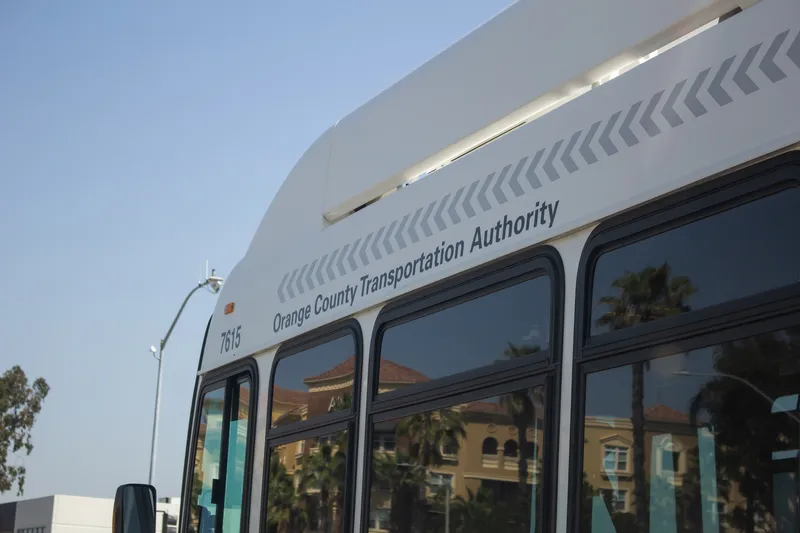The installation of
The
MATA also installed Opticom GPS vehicle equipment on more than 140 transit buses, enabling buses to request a green light from up to 400 feet away or 30 seconds before reaching an intersection, even around corners, obstructions or other intersections.
Transit engineers can use Opticom central management software (CMS) to ensure the TSP system is working consistently. Opticom CMS provides real-time alerts, automates diagnostics and offers customisable reports, so engineers can check activity logs, update firmware and even troubleshoot equipment from a remote location without sending technicians on expensive, time-consuming trips to the field.
“People are more willing to ride public transit if it’s convenient,” said John Lancaster, manager of Planning for Memphis Area Transit Authority (MATA). “Opticom TSP has helped us improve transit service for our riders.”
“Opticom TSP is helping us improve travel times by almost 20 per cent,” said Lancaster. “That has the potential of saving us five or even ten minutes every trip, every day, so we’re able to serve more people more consistently in less time.”
With nearly 50,000 trips along the two major corridors every year, MATA expects to reduce travel times by almost 7,000 hours. By improving cycle times, MATA may be able to accommodate the same number of riders using fewer buses. As Lancaster points out, removing even one bus from the route could save MATA about US$200,000 annually.
The city already uses Opticom traffic signal priority control to help first responders reach emergency scenes more quickly. The city’s trolley system uses the system, too.
“The ability to extend or truncate traffic signals reduces the time spent waiting at red lights unnecessarily and improves our ability to serve the greater Memphis community,” said Lancaster. “So why not use a similar approach for our buses? We can reduce transit delays without compromising everyday traffic flow.”
Transit signal priority improves travel times in Memphis
The installation of Global Traffic Technologies’ (GTT) Opticom GPS transit signal priority (TSP) along the two busiest transit corridors in Memphis is helping many of the tens of thousands of the city’s transit users reach their destination in less time.
August 13, 2014
Read time: 2 mins









